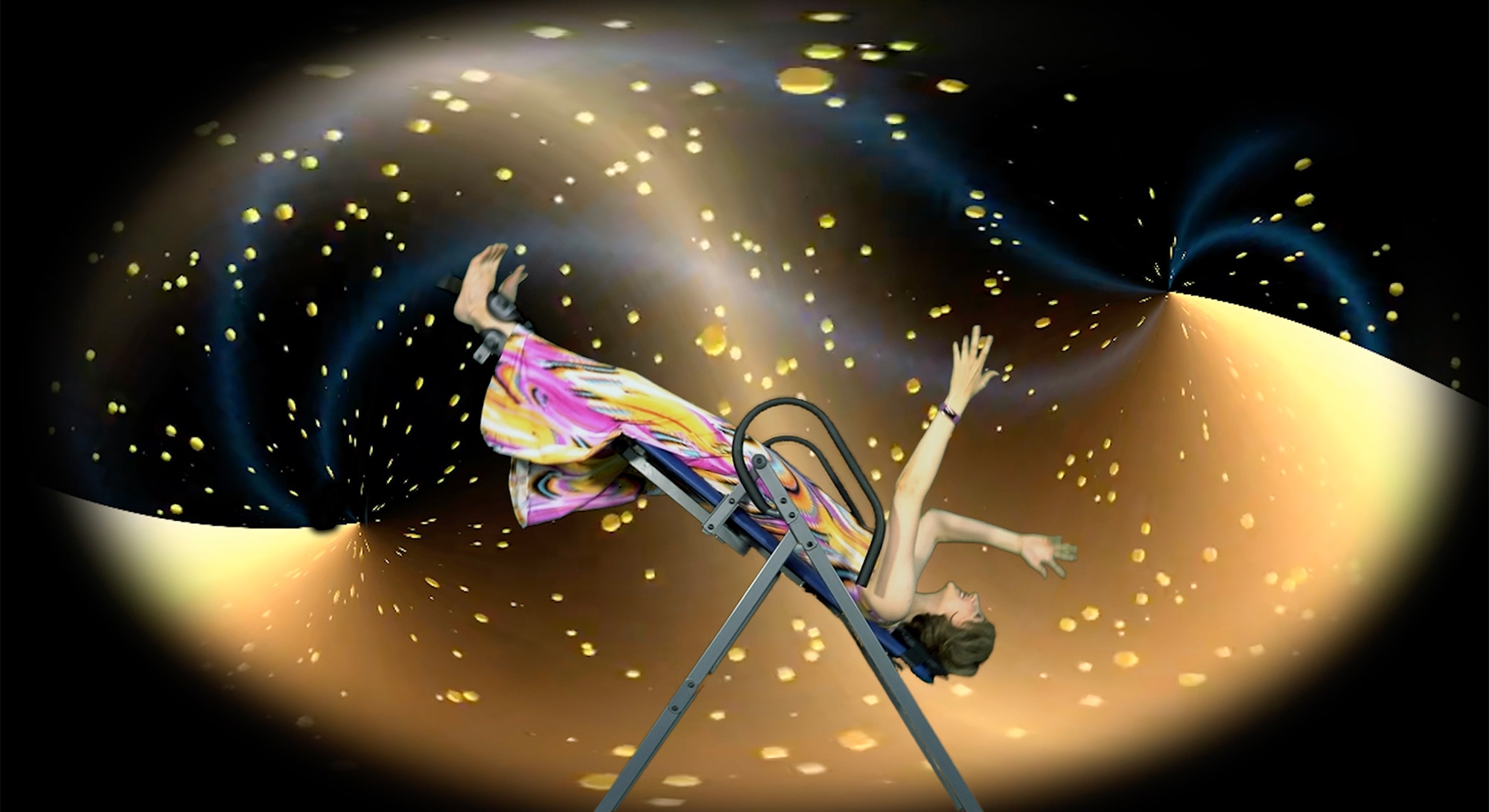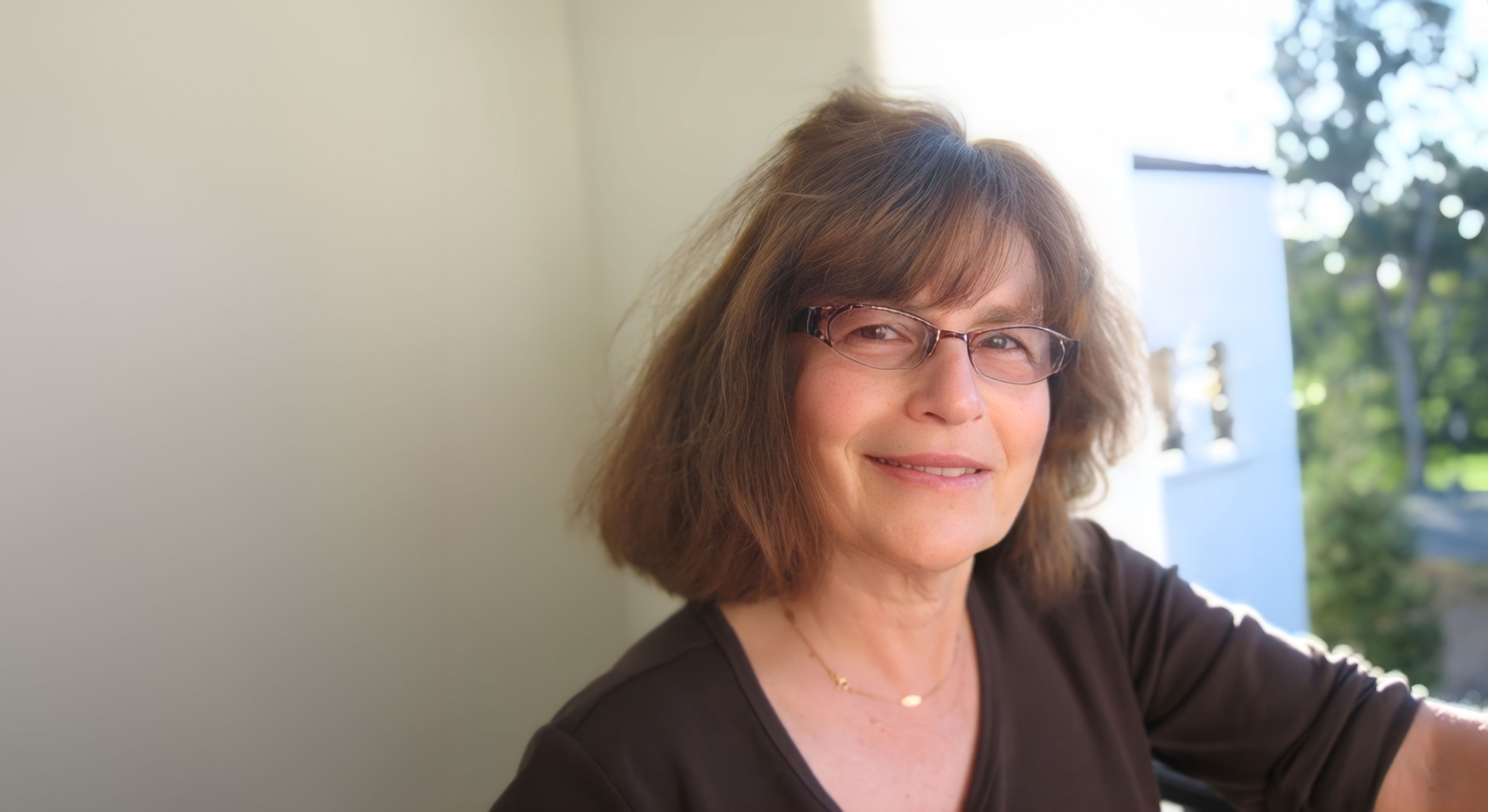The Early Modern Center (EMC) at the University of California, Santa Barbara has received a second grant from the National Endowment for the Humanities to continue building its English Broadside Ballad Archive. The EMC will use the award of $350,000 to catalog the Roxburghe collection of English broadside ballads and post them on the Internet in their original form. The ballads, which currently reside in the British Library, number in the thousands and most date back to the 17th century. The ballads are rhymed accounts on a variety of topics, including sensational news events, which satisfied the public's hunger for news and gossip in much the same way tabloid magazines and newspapers do today.
An earlier NEH grant awarded to the Early Modern Center in 2005 enabled the research unit within the Department of English at UCSB to catalog, record tunes, and post detailed facsimile transcriptions of the more than 1,800 ballads in the Samuel Pepys collection (http://www.emc.english.ucsb.edu/ballad_project), which is housed in the Pepys Library at Magdalene College in Cambridge, England. Eventually, the English Broadside Ballad Archive at UCSB will include all extant ballads from about 1500 to 1800.
Often composed by anonymous writers, the ballads were set to popular folk tunes and were sung on street corners and other public places. Copies of the lyrics––commonly known as broadsides because they were printed on one side of a single broad sheet of paper––were distributed by the singers and posted for viewing just about anywhere, including bookstalls, alehouses, and private residences. In addition to the texts and the titles of the music to which the lyrics should be sung, these broadsides also featured detailed woodcut illustrations.
"The Roxburghe is second only to the Pepys as the largest collection of 17th-century black letter––or gothic style––ballads," said Patricia Fumerton, professor of English and director of the English Broadside Ballad Archive.
While the Pepys collection was maintained by one person, the Roxburghe collection has a history of many owners, which makes it more difficult to catalog. Established in the early 17th century by Robert Harley, Earl of Oxford, it made its way, in 1773, to Thomas Pearson who bound them into two albums. The Duke of Roxburghe
purchased the collection in 1788 and added a third volume. Benjamin Haywood Bright who acquired the collection in 1813, added a fourth volume, and in 1845 the entire collection was purchased by the British Museum (now the British Library).
"The Roxburghe collection is not as big as the Pepys, but it's gone through more hands," said Fumerton. "The challenge will be to grapple with what happened to the ballads as they went from owner to owner. The third volume, for instance, is split between two books and partway through the first book the border ornament changes. And, of course, everyone pastes the ballads on the page differently."
Until recently, accessing original broadside ballads has been a challenge for scholars. Because of their fragility––they were printed on cheap, degradable paper––collections have become carefully guarded treasures. In fact, the original ballads in the Roxburghe collection are never made available for public viewing. In addition, the ballads themselves are extremely difficult to read due to the crude printing process used to create them, and their thick black-letter––or gothic––type style.
Fumerton works closely with a team of UCSB graduate and undergraduate students to transcribe the black-letter font into easily readable white letter––or Roman––type, and then to insert the transcribed text within the ornamental frame of the original image. Visitors to the English Broadside Ballad Archive on the Web can see facsimiles of the original ballads as well as facsimile transcriptions, which preserve the ornamental look of the original broadside while showing the text itself in modern print. In addition, the site provides audio recordings of the ballads (usually sung a cappella as they would have been on the street), background essays that place them in a cultural context, and a search function that allows readers to find specific ballads quickly and easily.
Related Links



